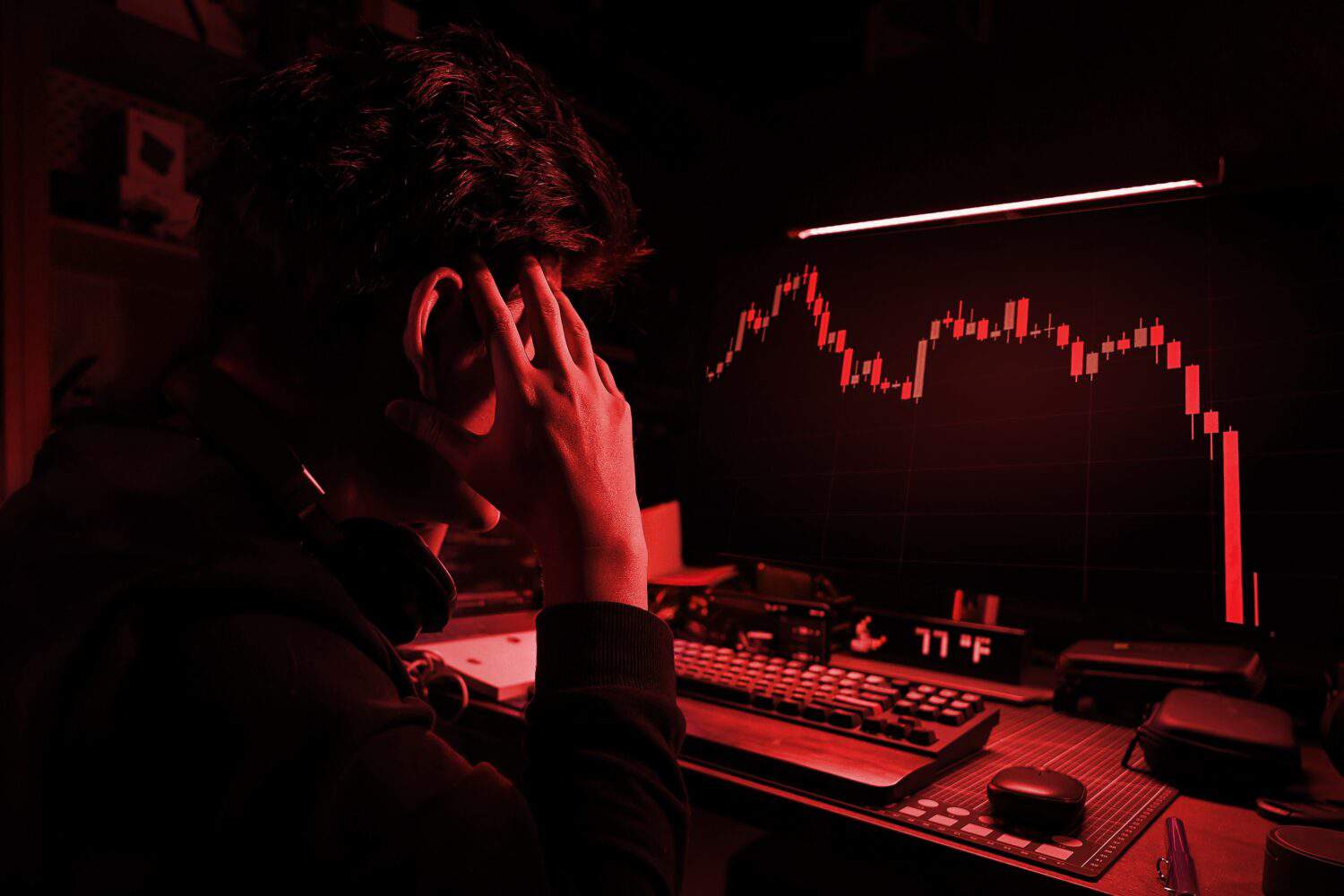
"The concerns around an artificial intelligence bubble basically center on whether the massive investments flooding into AI can justify their enormous costs and deliver on their transformative promises. Critics worry that the sector is experiencing irrational exuberance reminiscent of the dot-com boom. Tech companies are spending hundreds of billions on AI infrastructure, startups are commanding sky-high valuations based on potential rather than profits, and enterprises are rushing to implement AI solutions without clear use cases or return on investment."
"The fundamental worry is that current AI capabilities, while impressive, may not be revolutionary enough to justify the trillions in market capitalization tied to AI expectations. Many across Wall Street feel we could be overestimating the near-term impact while underestimating the time and resources needed for AI to transform industries truly. If the bubble pops, the high-energy Magnificent 7 stocks that have dominated the stock market for almost three years could tumble and take the rest of the market with them."
"However, for Baby Boomers who have enjoyed unprecedented gains over the past 35 years, being overweight in the stock market now is like picking up nickels in front of a bulldozer, and it could be a fatal blow to their retirement savings. Examine the data we collected on the impact of major market crashes. The recovery time can be much longer than recessions or regular bear markets, sometimes taking decades:"
Massive investments and soaring valuations in artificial intelligence raise concerns that current capabilities may not justify the costs and expectations. Tech companies and startups are spending and valuing AI on potential rather than profits, while enterprises implement AI without clear use cases or ROI. Wall Street worries near-term impacts are overestimated and timelines and resources underestimated for true industry transformation. A bubble burst could send dominant high-growth stocks tumbling and drag the broader market down. Older investors, especially Baby Boomers heavily invested in equities, face disproportionate risk because prolonged recoveries from major crashes have taken decades in the past.
Read at 24/7 Wall St.
Unable to calculate read time
Collection
[
|
...
]